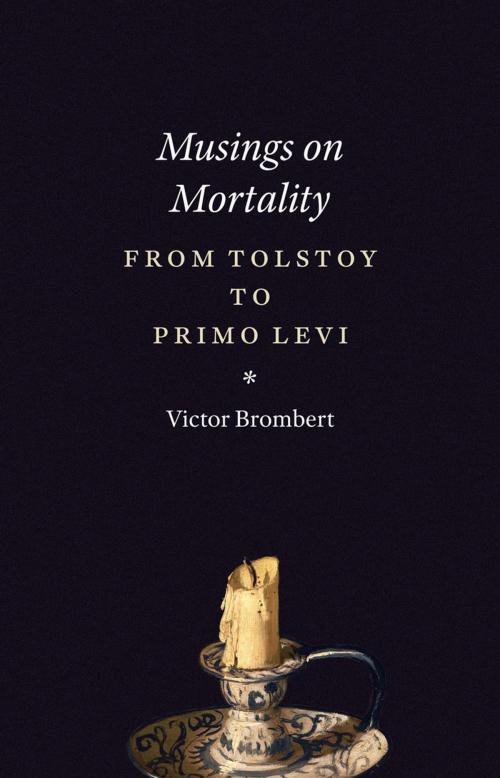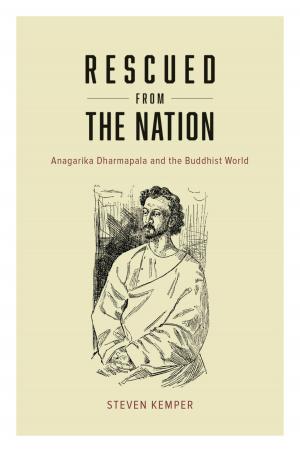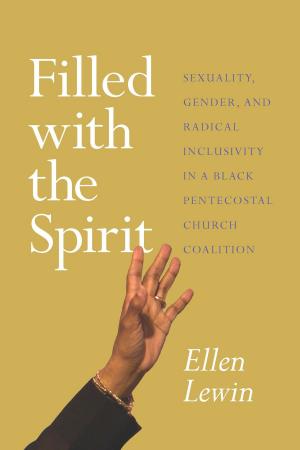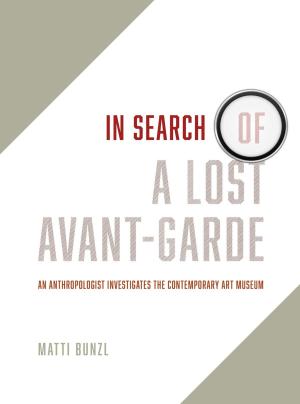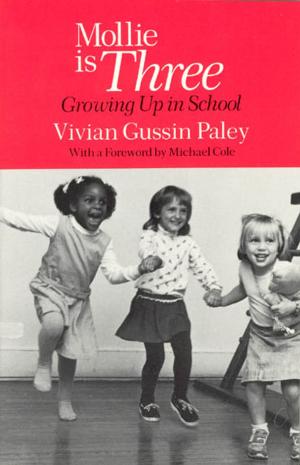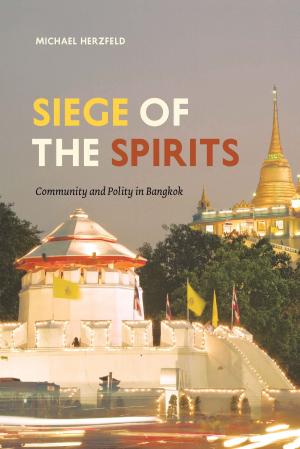Musings on Mortality
From Tolstoy to Primo Levi
Fiction & Literature, Literary Theory & Criticism, European| Author: | Victor Brombert | ISBN: | 9780226070933 |
| Publisher: | University of Chicago Press | Publication: | October 15, 2013 |
| Imprint: | University of Chicago Press | Language: | English |
| Author: | Victor Brombert |
| ISBN: | 9780226070933 |
| Publisher: | University of Chicago Press |
| Publication: | October 15, 2013 |
| Imprint: | University of Chicago Press |
| Language: | English |
“All art and the love of art,” Victor Brombert writes at the beginning of the deeply personal Musings on Mortality, “allow us to negate our nothingness.” As a young man returning from World War II, Brombert came to understand this truth as he immersed himself in literature. Death can be found everywhere in literature, he saw, but literature itself is on the side of life. With delicacy and penetrating insight, Brombert traces the theme of mortality in the work of a group of authors who wrote during the past century and a half, teasing out and comparing their views of death as they emerged from vastly different cultural contexts.
Leo Tolstoy, Thomas Mann, Franz Kafka, Virginia Woolf, Albert Camus, Giorgio Bassani, J. M. Coetzee, and Primo Levi—these are the writers whose works Brombert plumbs, illuminating their views on the meaning of life and the human condition. But there is more to their work, he shows, than a pervasive interest in mortality: they wrote not only of physical death but also of the threat of moral and spiritual death—and as the twentieth century progressed, they increasingly reflected on the traumatic events of their times and the growing sense of a collective historical tragedy. He probes the individual struggle with death, for example, through Tolstoy’s Ivan Ilych and Mann’s Aschenbach, while he explores the destruction of whole civilizations in Bassani, Camus, and Primo Levi. For Kafka and Woolf, writing seems to hold the promise of salvation, though that promise is seen as ambiguous and even deceptive, while Coetzee, writing about violence and apartheid South Africa, is deeply concerned with a sense of disgrace. Throughout the book, Brombert roots these writers’ reflections in philosophical meditations on mortality. Ultimately, he reveals that by understanding how these authors wrote about mortality, we can grasp the full scope of their literary achievement and vision.
Drawing deeply from the well of Brombert’s own experience, Musings on Mortality is more than mere literary criticism: it is a moving and elegant book for all to learn and live by.
“All art and the love of art,” Victor Brombert writes at the beginning of the deeply personal Musings on Mortality, “allow us to negate our nothingness.” As a young man returning from World War II, Brombert came to understand this truth as he immersed himself in literature. Death can be found everywhere in literature, he saw, but literature itself is on the side of life. With delicacy and penetrating insight, Brombert traces the theme of mortality in the work of a group of authors who wrote during the past century and a half, teasing out and comparing their views of death as they emerged from vastly different cultural contexts.
Leo Tolstoy, Thomas Mann, Franz Kafka, Virginia Woolf, Albert Camus, Giorgio Bassani, J. M. Coetzee, and Primo Levi—these are the writers whose works Brombert plumbs, illuminating their views on the meaning of life and the human condition. But there is more to their work, he shows, than a pervasive interest in mortality: they wrote not only of physical death but also of the threat of moral and spiritual death—and as the twentieth century progressed, they increasingly reflected on the traumatic events of their times and the growing sense of a collective historical tragedy. He probes the individual struggle with death, for example, through Tolstoy’s Ivan Ilych and Mann’s Aschenbach, while he explores the destruction of whole civilizations in Bassani, Camus, and Primo Levi. For Kafka and Woolf, writing seems to hold the promise of salvation, though that promise is seen as ambiguous and even deceptive, while Coetzee, writing about violence and apartheid South Africa, is deeply concerned with a sense of disgrace. Throughout the book, Brombert roots these writers’ reflections in philosophical meditations on mortality. Ultimately, he reveals that by understanding how these authors wrote about mortality, we can grasp the full scope of their literary achievement and vision.
Drawing deeply from the well of Brombert’s own experience, Musings on Mortality is more than mere literary criticism: it is a moving and elegant book for all to learn and live by.
